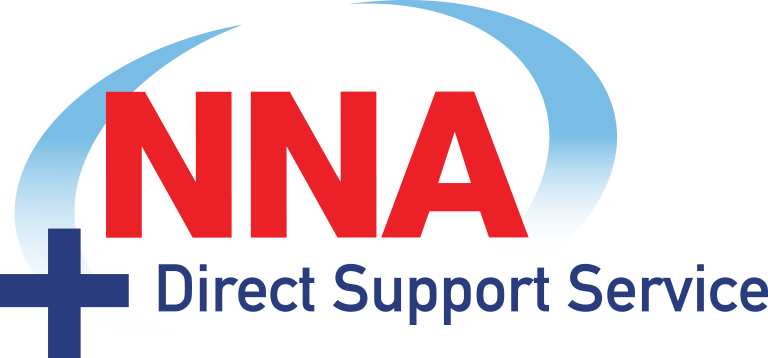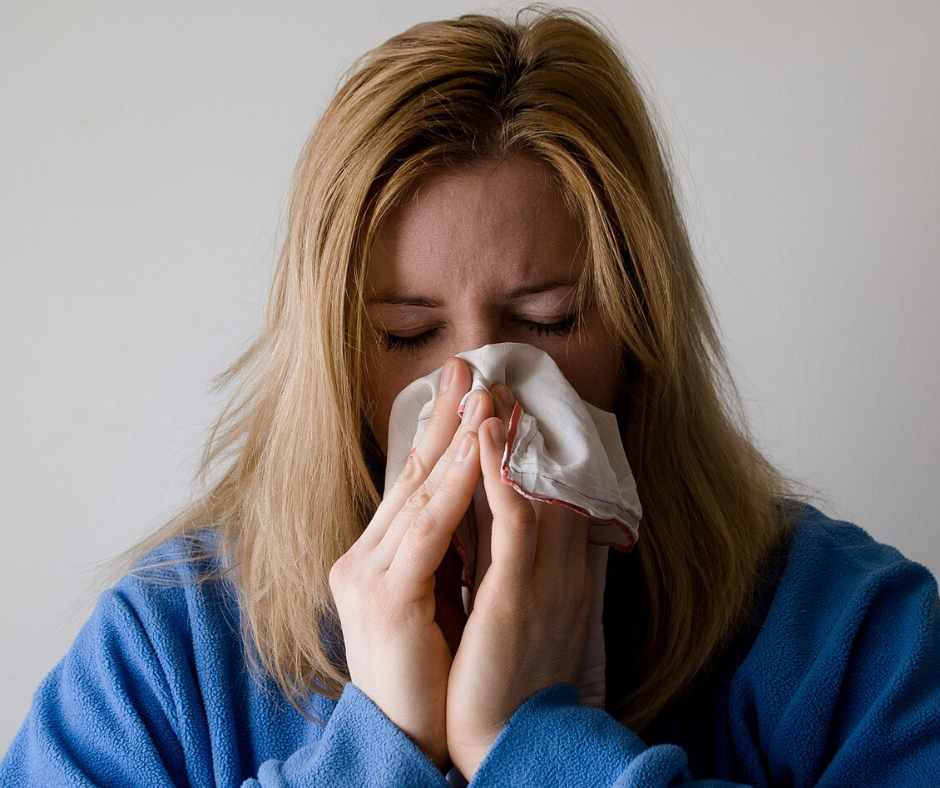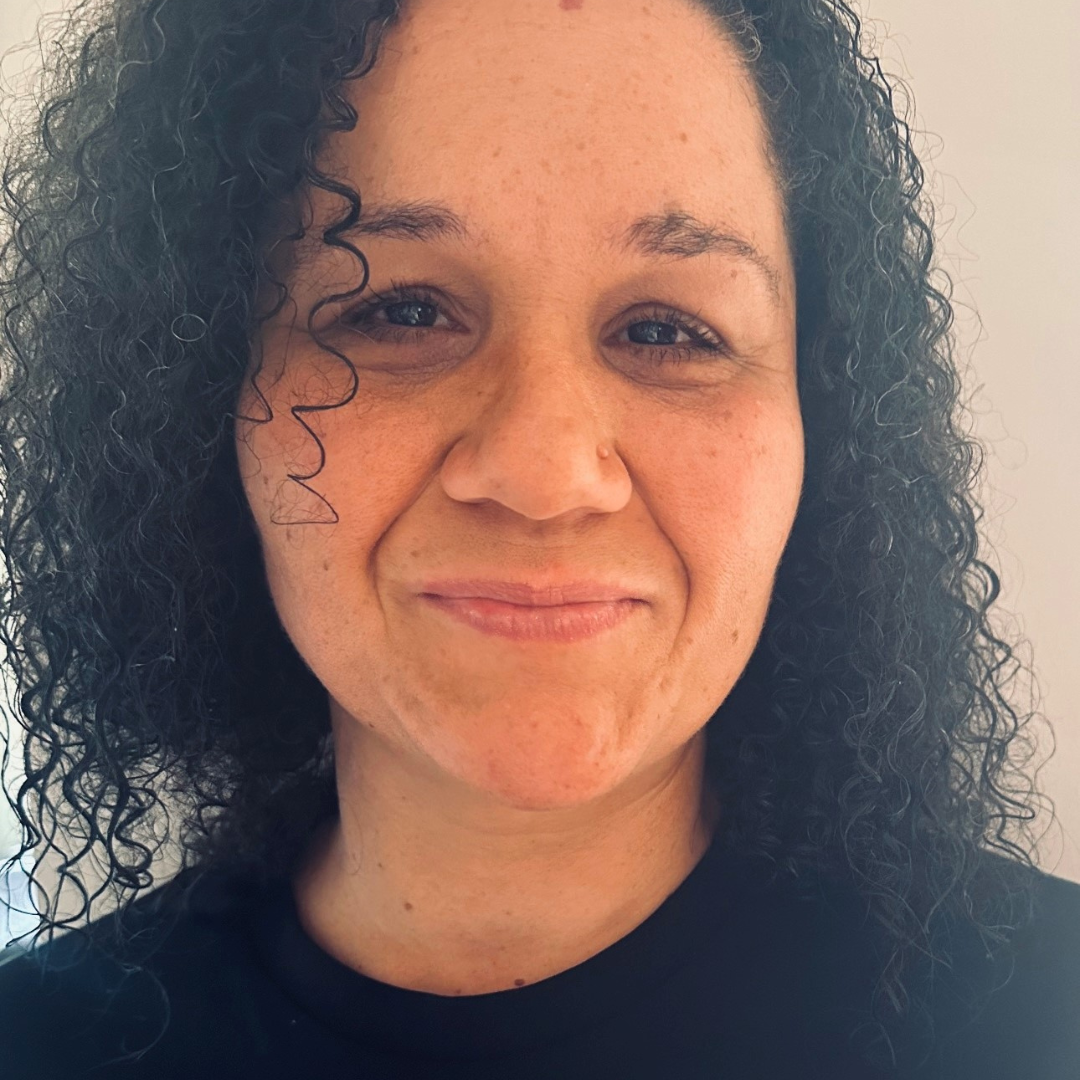Coronavirus & How to Stay Healthy
The world has never seen something like the Coronavirus before. Wherever we turn people are discussing the Coronavirus, or COVID-19 as the World Health Organisation has coined it, and its societal effects.
The virus affects everybody differently. Some can have the virus without exhibiting symptoms at all; or develop symptoms that mirror a normal flu or common cold; while others can experience severe respiratory issues.
As a healthcare professional, it can be scary because of the unknown—but here are some tips that will help you stay safe at this time.
Remain Calm:
We’re unsure about the consequences and how this will affect us all directly, and the unknown can be scary. But the most important thing to do right now is to remain calm.
We’ve already seen the repercussions of panic throughout the country with food shelves scarce (and toilet paper even scarcer), but it’s essential for us to remain calm for ourselves, the people who surround us, and most importantly the people we care for.
It is paramount in our industry to be kind and thoughtful every day, but especially so when there is already so much chaos going on around us.
While remaining calm is the best thing we can do right now there are many other things you can do that can help prevent the virus and keep you safe & healthy.
Symptoms:
Be aware of the symptoms to make sure you’re taking precautions for yourself and your clients. According to the Government, symptoms can include:
-Fever
-Coughing
-Sore throat
-Fatigue
-Shortness of breath
While these are the tell-tale signs you could have the virus, if you have any doubts about your current health, contact a health professional or your local GP to discuss the best options.
Prevention:
The Coronavirus is spread through person-to-person contact with people who have already been infected, or touching surfaces that have already been contaminated. An important component to remember when working with clients, is that people who are carrying the virus don’t always exhibit symptoms, so take extra precaution to ensure you’re keeping yourself and your client safe.
Although the Government has advised to steer clear of extremely public places, healthcare professionals sometimes don’t have that option.
So, the best thing to do to manage contraction of the virus is to:
-Clean all surfaces thoroughly
-Wash/ sanitise your hands
-If you work directly with your clients via touch, possibly consider working with gloves
-Cover your sneeze/ cough & dispose of tissues correctly
-Be considerate of others whose immune systems might not be as strong as yours
Most importantly make sure you’re paying attention to your surroundings, and listening to your body during this time. By following these steps you’ll be able to ensure that both you, your client, and your colleagues are remaining healthy and safe.
If you need any more information about COVID-19, visit the Government’s website or call 13HEALTH.











